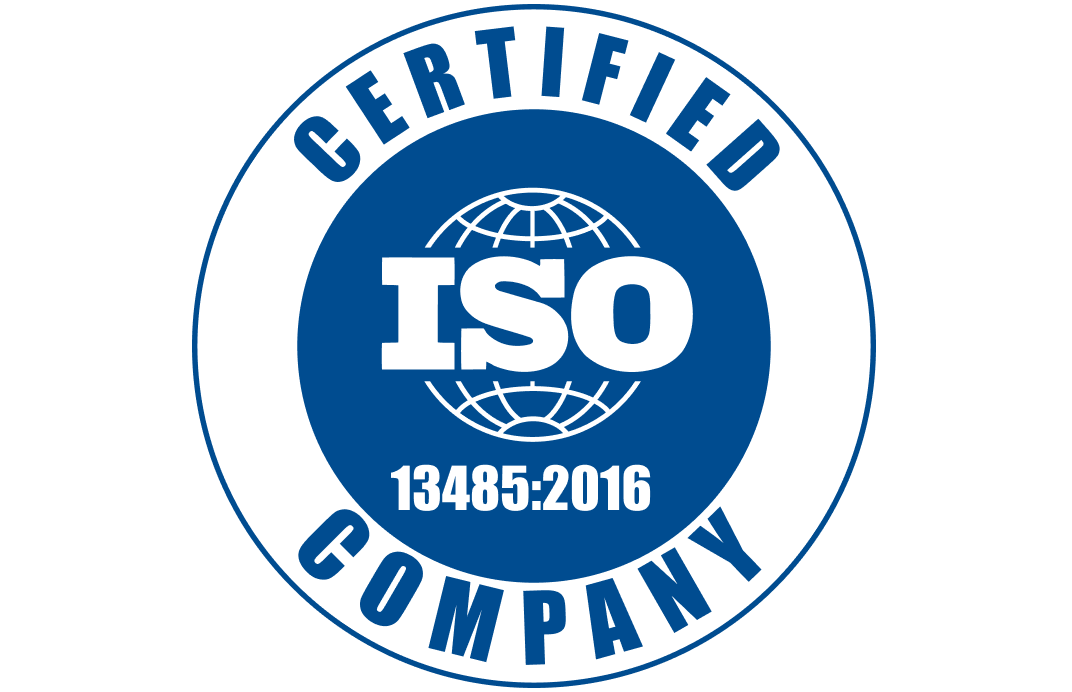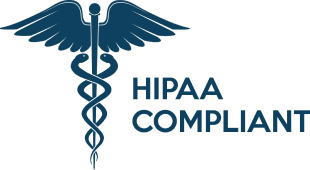Protecting Health Data Privacy: Why Edge-Based Models Outperform Cloud Solutions
As digital health solutions become increasingly prevalent, protecting health data privacy is a critical concern. While cloud-based approaches have been widely adopted, they introduce vulnerabilities that can compromise sensitive health information. Read on to learn about the challenges of cloud-based solutions and the advantages of edge-based AI models as a more secure, efficient and reliable alternative for safeguarding patient privacy.
The Expanding Attack Surface of Cloud-Based Solutions
One of the primary challenges of cloud-based architecture is that it significantly increases the attack surface of a digital system. The attack surface refers to the sum of the various points where an unauthorized user can access a system and extract data. Cloud-based solutions increase attack surfaces by transmitting data from devices to a vendor’s cloud for processing. Once processed, new data is then sent back to the devices. This process, while efficient, opens up multiple points where sensitive information can be compromised. For health monitoring solutions, particularly those that rely on PPG signals, these vulnerabilities can be especially concerning due to the sensitive nature of health data.
PPG Signal Sensitivity and the Myth of Anonymization
PPG-based health monitoring solutions pose unique challenges in the cloud-based system due to their sensitivity and their inability to be anonymized. While they may seem untraceable, there has been much research in recent years showing that PPG signals can be used for authentication. This means that PPG data is as sensitive as other biometric identifiers.
Moreover, combining PPG signals with demographic details like age, weight, and smoking status creates a unique digital fingerprint, making anonymization nearly impossible. Storing such sensitive data in the cloud increases the risk of exposure and of compromising health data privacy.
Regulatory Compliance Challenges of Cloud-based Solutions
Cloud-based solutions also face significant regulatory compliance challenges. Regulations like HIPAA in the U.S. and GDPR in Europe, impose stringent requirements on health data protection. Cloud-based models often complicate compliance because they involve transmitting sensitive information to third-party servers, making it difficult to ensure proper data handling across different regions.
Additionally, storing health data in the cloud introduces complexities in ensuring the data complies with local laws regarding storage location, user consent, and access control. Meeting these regulatory demands becomes resource-intensive and harder to manage, especially when operating in multiple jurisdictions.
More Cloud Limitations: Version Control and Connectivity Issues
Another major challenge presented by cloud-based health data solutions is ensuring that users are updated with the latest version. Vendors may update AI models used to analyze health data, while users may still be running older versions, leading to discrepancies in processing accuracy. This lack of control can impact the reliability of health data insights.
On top of that, cloud-based solutions depend on strong internet connectivity. In areas with poor or unstable network coverage, these systems may become ineffective, particularly during critical moments like travel, in unusual conditions, or for underserved populations in medical deserts or remote locations.
Binah.ai’s Edge AI-Based Solution: How It Works
Binah.ai’s edge AI-based health monitoring technology uses advanced algorithms to capture and analyze PPG signals captured from smartphone cameras or other devices to measure vital signs, chronic disease risks, bloodless blood tests, mental stress levels and more. All data is processed on the edge device, without the need for cloud connectivity. The results, including insights into health risks and vital signs, are then immediately available to the user.
A Game Changer for Health Data Privacy
Binah.ai’s on-device AI processing eliminates the need to transmit sensitive data, reducing the attack surface and simplifying compliance with health data regulations.
Key Advantages of Binah.ai’s Edge Architecture:
- Reduced Attack Surface: Data is processed directly on the device, significantly minimizing potential vulnerabilities. Without transmitting sensitive information to the cloud, the risk of cyberattacks is greatly reduced.
- Simplified Compliance: Since health data doesn’t need to leave the user’s device for processing, compliance with regulations is easier. Organizations maintain full control over data flow and storage, ensuring adherence to regional privacy laws without the complexities of cloud management.
- Guaranteed Version Control: With edge AI, organizations retain control over which AI models are being used, ensuring that health data is consistently processed using the intended version without unexpected vendor updates or changes.
- Increased Availability: Edge-based systems work independently of internet connectivity, allowing continuous operation and stable performance even in areas with weak or unreliable networks. This ensures users can rely on the system in any environment and can even be life-saving.
Comparison: Edge-Based vs. Cloud-Based Models for Health Data Privacy
| Criteria | Edge-Based Model | Cloud-Based Model |
| Data Storage Location | On the user’s device | In the vendor’s cloud or third-party servers |
| Attack Surface | Significantly reduced (no data transmission to the cloud) | Broader attack surface (multiple touchpoints with data transmission) |
| Compliance with Regulations | Easier to meet regional data privacy regulations | Complex due to cross-border data sharing and storage |
| Model Version Control | Full control over AI models by organizations | Limited control over vendor updates by organizations |
| Anonymization of Data | Sensitive data stays on the device | Sensitive data like demographic data or PPG signals can’t be anonymized |
| Internet Connectivity | Operates independently of internet connection | Requires stable internet connection for data transmission and analysis |
| Processing Speed | Faster, as processing happens locally on the device | Potential delays due to data transfer and cloud processing time |
| Scalability | Easily scalable without additional infrastructure | Requires cloud services and resources for each region |
When it comes to protecting sensitive health data, cloud-based models increase attack surfaces and introduce significant risks and regulatory hurdles. Binah.ai’s edge-based architecture offers a more secure, compliant, and efficient alternative, enabling organizations to prioritize their users’ privacy and trust.
About Binah.ai’s Health Monitoring Solutions
Binah.ai’s edge-based health monitoring solutions revolutionize access to healthcare and wellness with smartphone-based health checks. With binah.ai’s technology, users can take 35-60 second spot checks using their smartphone cameras or continuous checks using a Polar Verity Sense™ heart rate sensor to measure a comprehensive range of indicators including vital signs, chronic disease risks, mental stress levels, and even bloodless blood tests. The technology is delivered as an SDK that organizations can integrate into their apps or workflows. As the only solution offering both spot and continuous checks powered by edge AI, Binah.ai empowers organizations to offer tailored solutions while safeguarding privacy and trust.
To learn more about how Binah.ai’s Edge AI-based health monitoring solutions can support your organization, watch our recent webinar or schedule a live demo now.

 close
close





